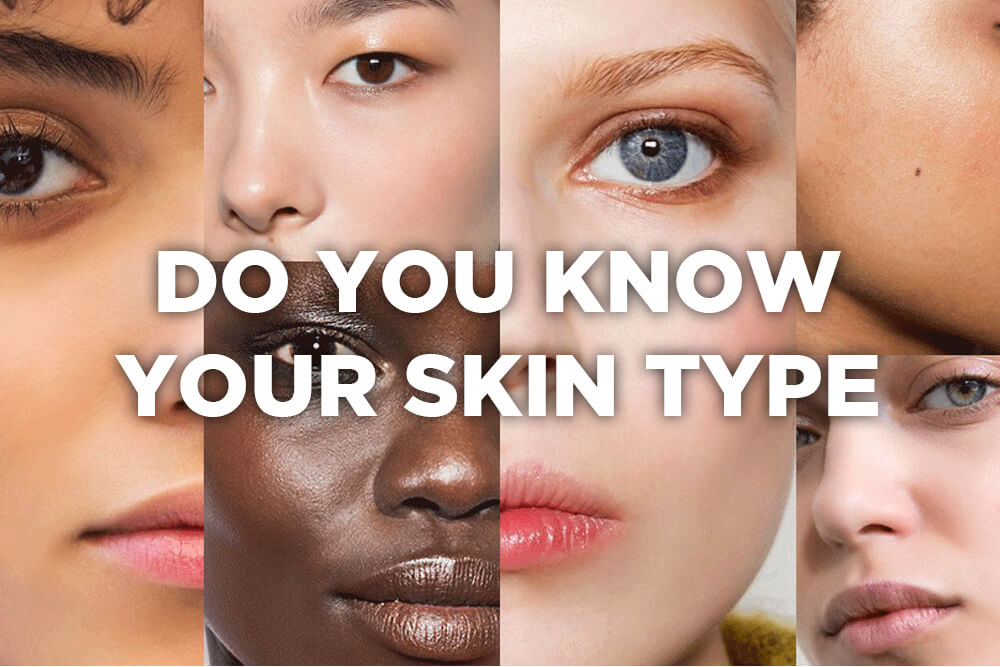
Do You Know Your Skin Type?
One of the most important steps to caring for your skin is knowing your skin type. Each skin type has a specific set of characteristics and symptoms, and thus requires special attention. Therefore, understanding your skin type allows you to buy the correct products and develop the ideal routine to keep your skin healthy and glowing.
Read on to find out about your personal skin type and how best to care for it.
There are five major skin types namely: Normal, dry, oily, combination and sensitive.
Normal Skin: The term ‘normal’ is used to describe a balanced skin i.e. not too oily not too dry. People with this skin type usually have few imperfections, radiant complexion, barely visible pores, few lines and wrinkles, even skin tone and no severe sensitivity. While normal skin types require less maintenance than the other skin types.
Dry Skin: People with dry skin usually have almost invisible pores, dull/rough complexion, less elasticity, more visible lines and so on. It is important for people with these skin type to find a moisturizer/cream that helps the skin replenish its vibrancy. The more oil found in a moisturizer, the better it can absorb throughout the epidermis barrier to hydrate the tissue.
Oily skin: Those with oily skin tend to notice a great deal of shine on their face, enlarged pores and may deal with terrible acne breakout. It’s important to lightly exfoliate oily skin, as the buildup of oil can cause dead skin cells to become trapped in the pores and lead to acne blemishes. While you may be tempted to reach for harsher products, it’s important to use products that contain gentle exfoliators.
Combination Skin: As the name suggests, features two or more different skin types on the face, and typically presents with dry and flaky skin on portions of the face, with excessive oil on others. This is the most common skin type and is characterized by an oily T-zone (forehead, chin and nose), enlarged pores in selected areas with some impurities, normal to dry checks. Exfoliating is essential for those with combination skin. Dead skin cells on the dry part of the face will be sloughed off, while clogged pores will be unblocked and cleared.
Sensitive Skin: Sensitive skin types may exhibit the characteristics of dry skin, oily skin, or combination skin, but they also deal with a great amount of redness and irritation. Those with sensitive skin types should avoid harsh chemical-based skin care treatments. Sensitive skin is easily inflamed, so it’s important to choose the right natural skin care for sensitive skin to avoid any adverse reactions. If your skin is sensitive, try to find out what your triggers are so you can avoid them.



